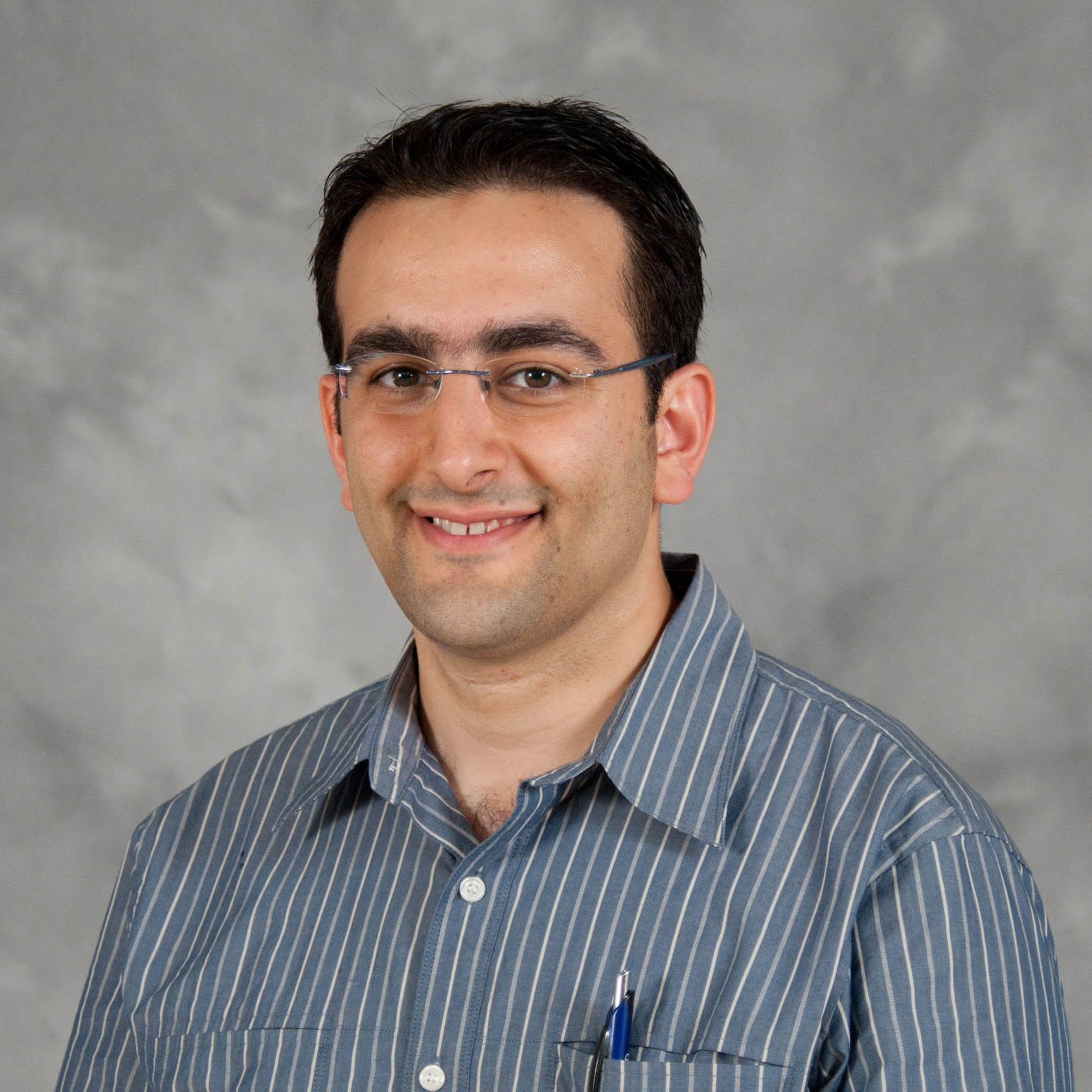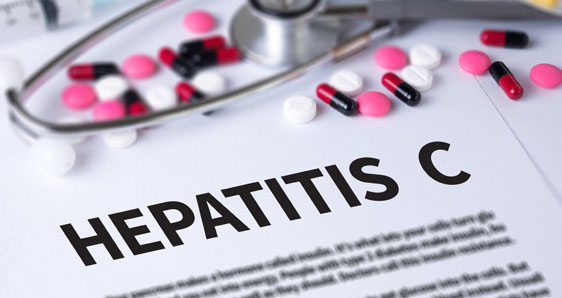“My ‘aha’ moment came when I learned that as of 2006, more people are dying of the Hepatitis C virus (HCV) than of HIV,” explained George Family Foundation Early Career Professor Turgay Ayer. “Although HIV gets more attention, HCV presents a huge societal burden.”
Ayer, an associate professor in the H. Milton Stewart School of Industrial and Systems Engineering, has spent his career applying his analytics skills to health care–related problems. So this new information immediately piqued his interest. In 2014, he began examining Hepatitis C in the general U.S. population with the first of several grants dedicated to this problem.
As Ayer conducted research, he discovered that the disease has an outsize presence in prisons, up to 10 times higher than in the general population, largely because HCV results from intravenous drug use. Inmates on average are incarcerated fewer than five years, during which time the majority are likely not treated for HCV. Then, upon their release, they sicken members of the general population through injection drug use (IDU).
Thus, Ayer realized that if the infected IDU prisoners — called “super spreaders” by the medical community — are successfully treated for HCV in prison, infections in the general population are much less likely to occur. At the same time, some significantly more effective HCV treatments were being approved for use by the Food and Drug Administration. Thanks to these more effective treatments, the World Health Organization (WHO) set a goal for the worldwide elimination of HCV
by 2030.
Treating prisoners represents a significant step toward this larger goal. “While you’re treating inmates, you’re achieving two objectives,” Ayer said. “The first is that they’re essentially being cured, so their lives are potentially being saved. The second is that it’s cheaper and easier to diagnose HCV in prison than it is in the larger population, because the infected group is contained.”
Combating HCV in U.S. prisons, however, presents a significant challenge because treatment is so expensive. Prison systems operate on extremely tight budgets, and treatment for a single inmate costs $25,000 to $70,000. As a result, treatment during incarceration is still relatively rare.
However, Ayer and his research team analyzed these constraints and found that it is still more cost effective to focus treatment on inmates rather than the general population.
“From an investment perspective, an effective resource allocation perspective, it makes sense to increase prison treatments, because you will prevent so many downstream infections,” Ayer explained. “A single inmate might infect many other people in the community after release, and then some of those people might need a liver transplant or treatment for liver cancer down the road, and that represents a cost to the entire health care system.”
Now that Ayer has successfully modeled a treatment plan for U.S. prisons, he is expanding his work to a global focus — one that aims to meet the WHO goal of viral hepatitis eradication. He is working with health care partners at Harvard Medical School, Emory University’s Rollins School of Public Health, WHO, and the Centers for Disease Control and Prevention. He’s also developing a generalized decision support tool that will take into account limited treatment resources for any population.
“With the tool, you can allocate greater or lesser resources to the general population or to the prison population or to another subgroup. The tool will also consider the prevalence and spread of HCV based on each country’s data,” Ayer noted. “This is a more universal approach.”

